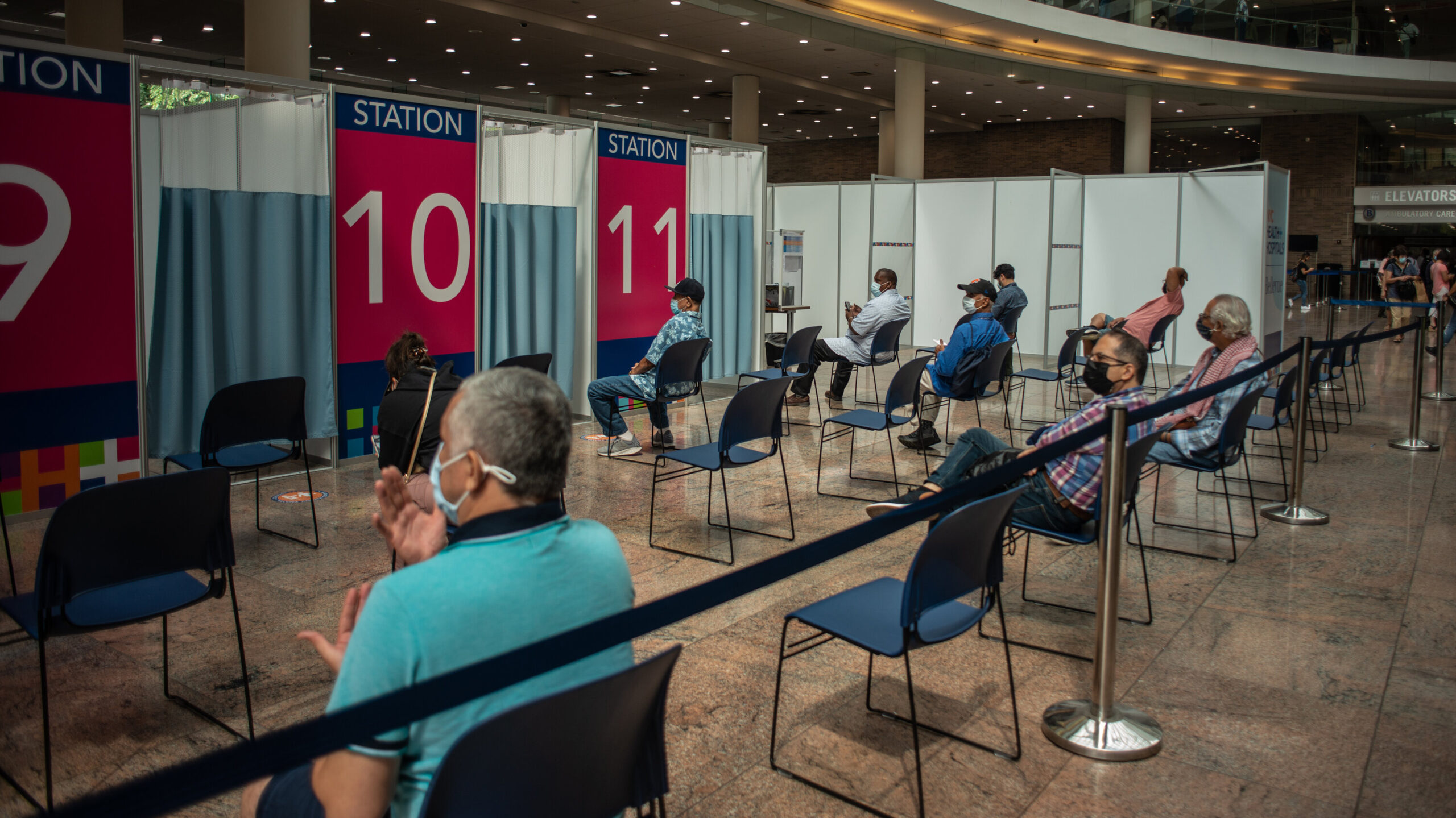The respiratory virus is causing an unprecedented number of hospitalizations across the state and at Vail Health Hospital.
Cases of respiratory illness and influenza are on the rise across Colorado this month, with an unprecedented spike occurring in the number of hospitalizations due to respiratory syncytial virus, commonly known as RSV.
The Colorado Department of Public Health and Environment reports that there have been 895 patients hospitalized from RSV in the Denver metro area since Oct. 1, with 314 of those cases occurring in the last week alone. This early rush of hospitalizations is more than double what was recorded at the peak of last season, and the number of RSV outbreaks reported since October has already surpassed the total for the entire 2021-22 season.
The state of Colorado only requires five counties on the Front Range to report hospitalizations and outbreaks of RSV, so there is no official record for tracking cases in Eagle County, but Vail Health’s Infection Preventionist Caitlyn Ngam said there have been between five to 10 hospitalizations from RSV at Vail Health in the past month.
“We’ve seen dozens of children with emergency room visits, many requiring more than one visit to their pediatrician, urgent care or the emergency department,” Ngam said. “Speaking just for our community in Eagle County, this is more RSV patients than we’ve seen hospitalized in any given time period, at least in the last six years since I’ve been here.”
Ngam said that it is rare for Vail Health to see more than one child admitted for RSV at the same time, but that the hospital has experienced a high of three children in inpatient care simultaneously within the past two weeks.

CDPHE/Courtesy photo
Influenza and COVID-19 cases are also increasing — though RSV far exceeds both in its current hospitalization rate — and the unusually high rate of cases on the Front Range is causing concerns about hospital capacity. Here in the valley, Vail Health’s Chief Population Health Officer Chris Lindley said that numbers are not threatening hospital capacity.
“Staffing and bed availability remain strong,” Lindley said during a report to the Eagle County Government. “Thus far, all patients are being treated at Vail Health without needing to transfer them. Vail Health will continue to keep all kids here if at all possible.”
What is RSV?
RSV is a common respiratory virus that typically causes mild cold-like symptoms, such as a cough and congestion, but can manifest in more severe ways that require medical intervention, especially among young children.
The most common cause of hospitalization is the need for oxygen, as phlegm buildup and inflammation can make it difficult for patients — particularly those with small airways — to breathe, as well as the potential need for intravenous fluids if the patient is unable to take down food or drink.
There is no existing cure for RSV, so treatment is focused on reducing symptoms. Dr. Meegan Leve, a pediatrician at Colorado Mountain Medical, said that clearing nasal passages, administering Tylenol or Motrin to reduce fever and encouraging hydration and rest are the best ways to help patients weather the virus.
Dr. Janet Engle, another pediatrician at Colorado Mountain Medical, said that those at risk of more severe symptoms are the very young — under 2 months old — or those with immune deficiencies.
“Children that have underlying medical conditions will tend to get a worse case of RSV and it can cause inflammation of the very small airways, which makes it harder to breathe out air,” Engle said. “The kids that would need hospitalization would be the kids who have a very high oxygen need, kids that need such frequent suction that you can’t do that at home, kids who can’t keep down fluids or say, a baby who can’t take his bottle and needs IV hydration.”
The majority of people who contract RSV do not require treatment outside of the home and will recover from most symptoms within five to seven days, though Leve said that they may retain a cough for 2-4 weeks. RSV is transmitted through respiratory droplets, but unlike the airborne transmission of COVID-19, it is spread more through contaminated surfaces. Washing hands frequently is one of the best ways to prevent infection.
The CDPHE recommends that parents keep children home from school until at least 72 hours from the onset of symptoms, and Engle emphasized that children not return to classrooms until 24 hours after a fever has passed or a severe cough has abated.
“Parents, with any of the illnesses right now, should expect that if their kids are sick that they might have five to seven days at home, because that’s usually when the worst of the symptoms of these illnesses are, and if we truly want to stop the spread, then we have to be willing to acknowledge that our kids are sick and keep them out of school,” Engle said.
Those who are noticing that their child is having difficulty breathing should first contact their pediatrician, as there are ways to abate symptoms within the home before seeking hospital services. Though the effects of RSV can be scary for parents, the virus is almost never fatal and children tend to recover within a week.
Dr. Leve also noted that, unlike COVID-19, doctors rarely administer testing for RSV since a confirmed diagnosis does not change the treatment plan.
“I know it’s confusing for people in the community because we’ve emphasized testing so much for COVID, but testing was different for that novel virus, in the setting of a pandemic,” Leve said. “RSV has been around for years, and many other viruses cause very similar symptoms, so there’s really no benefit in figuring out which particular one it is because it’s symptomatic treatment.”
Be proactive
There is currently no treatment or vaccine for RSV — though Pfizer and GSK are both in the final stages of human trials for the world’s first RSV vaccines — so with multiple viruses peaking at the same time, local health providers said that the best way to prepare children for the season is to get them vaccinated for influenza and COVID-19.

Chris Dillmann/Vail Daily archive
“There’s always some overlap, but this year it’s just exaggerated,” Engle said. “It can be very frustrating for families when they are just getting over one virus and then another, and they’ve only been well for a couple of days, but that’s often what we see in pediatrics in the fall and winter season.”
Vaccination is shown to reduce the severity of flu and COVID-19 and can prevent cases that would require hospitalization, an important advantage at a time when so much support is needed for RSV patients. Vaccines are available in the county for anyone 6 months and older, and details about local immunizations can be found at EagleCounty.us/publichealth/immunizations.















